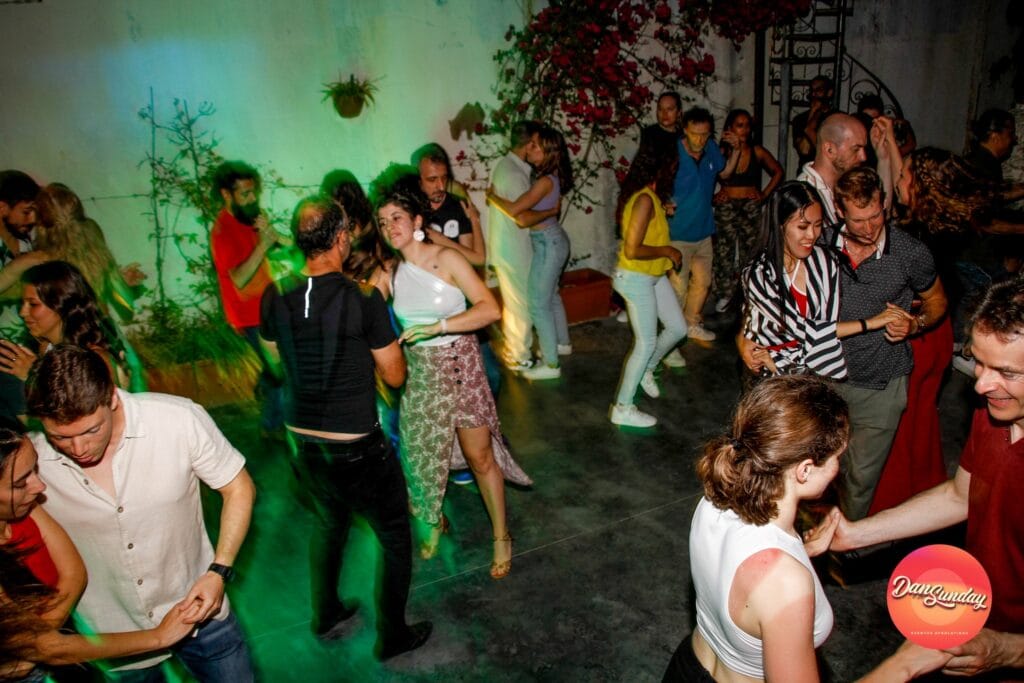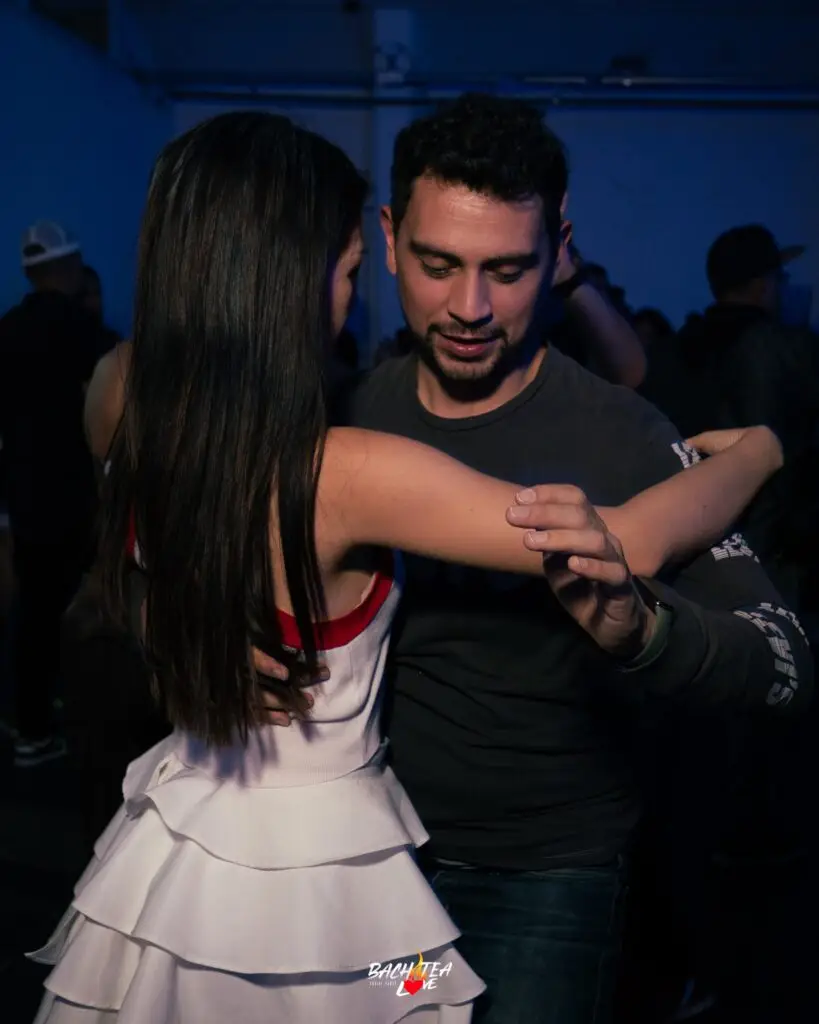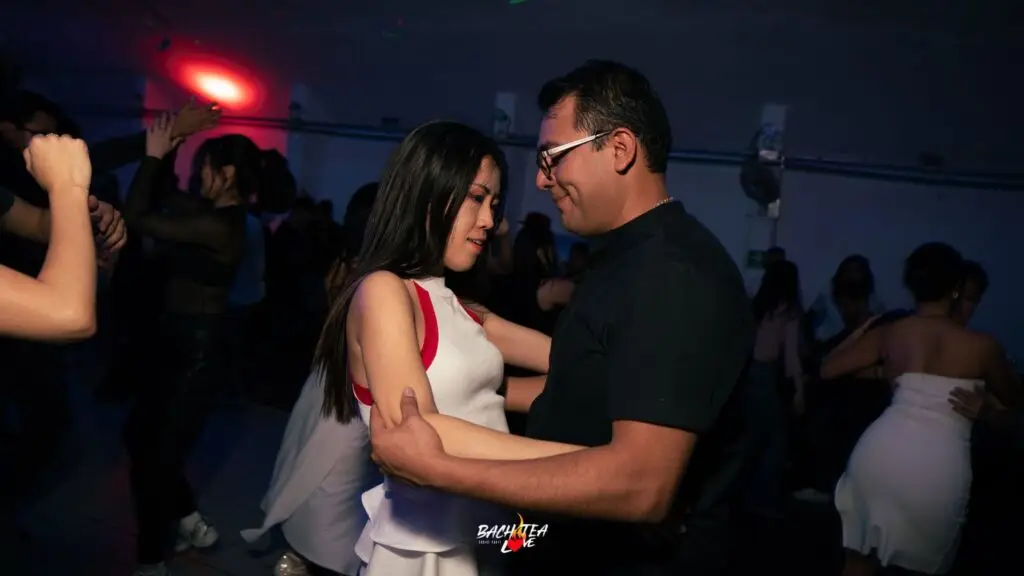One day in May, I opened my mailbox and discovered a nondescript white envelope.
Inside, there was a little plastic card that was previously stuck in processing for almost 3 years. It was my green card.
For the past 13 years, I have called the United States home living under one visa after another.
For the past 13 years, I had been dreaming of this moment countless times. Never would I have predicted that it would feel so bittersweet.
I was not ecstatic. I was not overjoyed. I was relieved, but with a new concern.
In normal times, I would have started to make plans to visit family that I wasn’t able to see for the past 3 years.
But this year, much like 2020, was no usual year.
Since the pandemic, finally having the paperwork to travel without needing a visa to come back to the US means nothing to someone from a country with the world’s strictest lockdowns that is also known to some as the “birthplace of COVID”.
We could come back to our adopted country easily, but going back to the motherland, not so much.
As an immigrant, during the time we live in, seeing family in our home country became a high-cost, high-stake activity that is reserved only for the absolute worst emergency.
…seeing family in our home country became a high-cost, high-stake activity that is reserved only for the absolute worst emergency.
That emergency happened this summer, and I made the difficult choice not to go home.
I Made A Painful Choice That I Live To Regret Every Day
In early August, I heard from my parents that my grandmother was going into palliative care, after her cancer had spread to her brains.
I had been mentally prepared since she went into surgery earlier this summer. When I was told that she was doing okay after the surgery, I thought she would be fine, at least for the time being.
Just when summer was coming to an end as I wrapped up a fun month of traveling, her condition deteriorated rapidly.
That’s when I knew I had to make a decision — or rather, a choice.
Realizing that she had weeks to live while pondering how I could make it home with all the restrictions in place pushed me to make a choice that I live to regret every day.
The Cold Reality of Priorities
In normal times, this decision would have been easy, if that’s even the right word. I would have hopped on the next plane back to see my grandmother one last time.
Year 2021 made this simple decision incredibly difficult.
I had to put my “pre-grief” aside and sit down to do some calculations.
I had to put my “pre-grief” aside and sit down to do some calculations. As I realized that was what I was doing, I felt sick to my stomach.
As I realized that was what I was doing, I felt sick to my stomach.
The fact that I had to think logically brought chills down my spine.
With almost $10k in cost for the trip due to hyper-inflated plane tickets thanks to the flight quota imposed by the Chinese government; 21-plus days in mandatory hotel quarantine that is fully the traveler’s responsibility; hundreds of dollars in COVID PCR tests before the flight; high possibility of last-minute flight cancelations; and the immediate disruption of my work schedule building two businesses — I had to weigh the pros and cons.
The answer came out clear — even if I dropped everything right now and hopped on a plane, I would barely or not even make it in time before my grandmother’s clock ran out because quarantine alone knocks out almost a month.
Of course, there was always the “what if”s. What if she had more time and I selfishly decided to stay instead of making it home?
That’s when I had the realization — every single decision we make, we make it based on our priorities.
My priorities have spoken. My grandmother was not “worth it”.
My priorities have spoken. My grandmother was not “worth it”.
The grandmother who loved me with all her heart; the grandmother who wrote me a 14-page letter full of advice that my parents later discovered from her home after she had passed; the grandmother who always asked about me; the grandmother who sent me hundreds of newspaper clippings of health articles over the years; the grandmother who I have not seen in person for 5 years— she was “not enough” for me to come home.
Three weeks after going into palliative care, my grandmother passed away.
I never saw her again.
I still can’t stop crying when I thought of this. I don’t know if I ever will.
My Immigrant Friends Missed Their Parents’ Funerals
Earlier this year, my other immigrant friends experienced their own grief before mine, in bigger magnitudes.
Two of my closest friends who are also immigrants lost their parents and neither was able to make it home. They still couldn’t due to quarantine requirements.
Both of them work full-time jobs — neither can afford a minimum 21-day quarantine without losing their jobs in America.
As painful as they both are, losing a grandparent is not the same as losing a parent.
My heart aches for them, deeply.
They too, had to “prioritize”. They too, had to live with their decisions every single day, for the rest of their lives.
I Often Feel Guilty Having Fun
For as long as I remember, I always felt a little guilty having fun.
At the age of 16, I made the decision to go abroad. At age 17, I made that happen by getting accepted to colleges in America with a full scholarship.
When I left home and moved across the world by myself at 18, my mother said to me: “This is your choice. No matter how hard it gets, you have to live with it.”
At the time, I didn’t think much of my mother’s words. I had my whole life ahead of me. I was ready to conquer the world.
In retrospect, I realized that the more storms I weathered, the harder it is for me to have fun.
As an only child who left home and moved across the world at 18, I have always felt guilty.
When I am having fun at parties, I felt guilty that my parents may not be having as much fun at home.
When I get sick, I feel guilty because I know they would worry. If I could hide it, I usually do.
When my parents did multiple surgeries and only disclosed them after they had recovered, I felt even guiltier because I understand the reasoning — I wouldn’t be able to be there anyway.
The immigrant guilt is consuming.
I Developed Excessive Fear of Dying As An Only Child and Immigrant
Kids born in urban areas in the 80s and 90s in China are mostly only childs thanks to the government’s Only Childs Policy aimed at curbing unbridled population growth. I am one of those lucky millions.
As an only child who chose to be thousands of miles away from home, I started to develop what I later realized an excessive fear of dying.
It may sound ridiculous to some, but I have always felt extra responsible to stay alive as an only child.
My friend once joked: “I have two sisters. I guess I’m free to go then?”
I would always try to cross the streets as fast as possible trying to avoid getting hit by a car. Of course, I later found out it’s more dangerous to do so and recently, I was in a very close call almost getting hit by a car.
I would only take risks that have nothing to do with physical harm. So no skydiving for me, ever.
I would get myself checked out by doctors immediately at the first sight of a suspected problem. This summer alone, my medical bill skyrocketed due to the resurgence of multiple health problems and the fact that I wanted to leave nothing unchecked.
It’s likely that the root cause of my many fears goes back to guilt — the demon that is eating so many immigrants alive.
Does immigrant guilt ever truly go away?
This pandemic has taught me many things, but one thing that I had learned the most is the fact that we all have to live with the choices we make.
These choices can be so cruel, so rational and so heartbreaking, but we have to make them anyway.
These choices can be so cruel, so rational and so heartbreaking, but we have to make them anyway.




